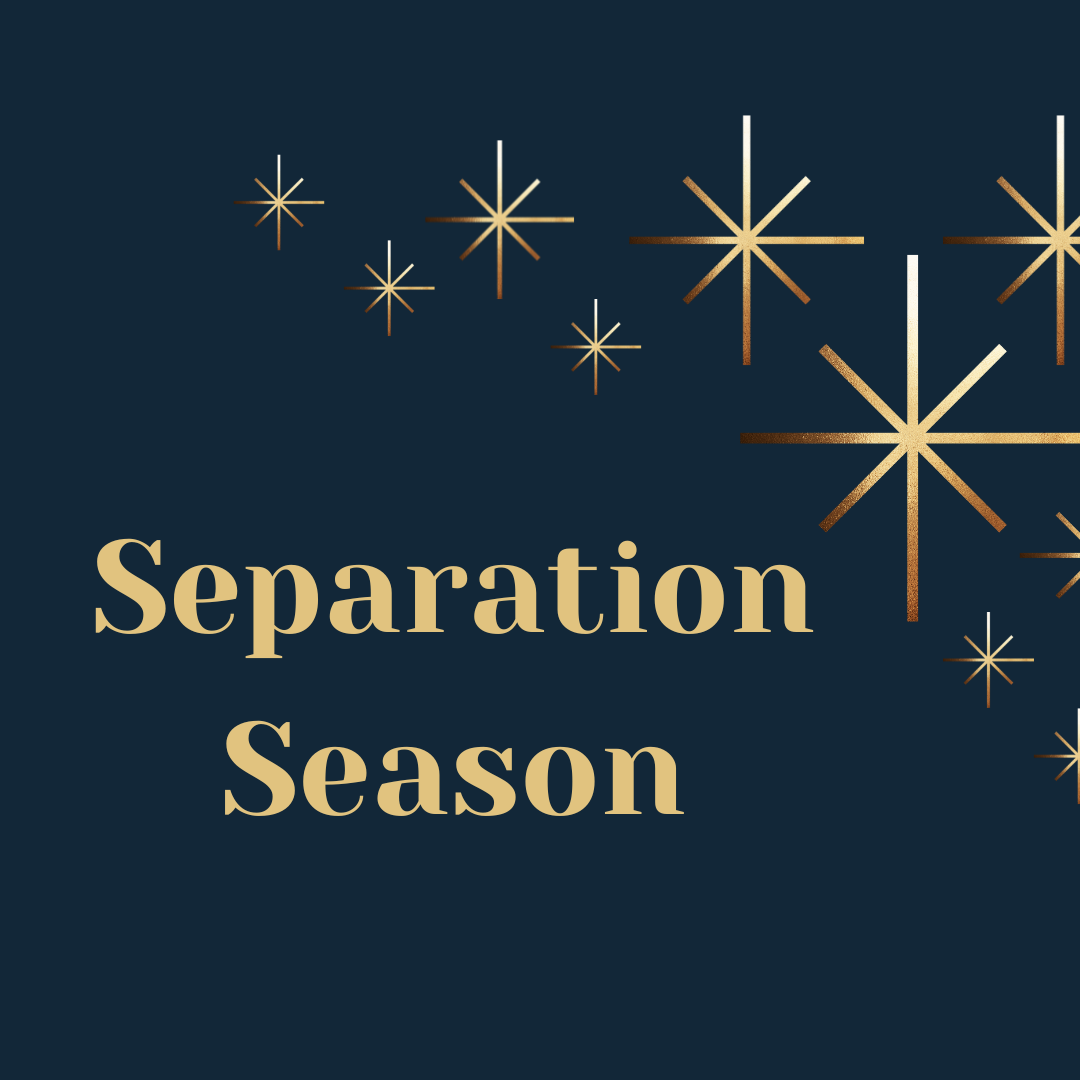Reflecting on Your Skills & Qualifications
By understanding your strengths and weaknesses, you can tailor your job search to focus on the positions and companies that are a good fit for you.
Step 1: Style: How do you show up on paper (resume, application, LinkedIn)?
- Problem: You're not sure how to present yourself on paper
- Framework: Reflecting on your resume, application, and LinkedIn profile to understand how you show up on paper
- Explanation: Your resume, application, and LinkedIn profile are often the first things that an employer will see, so it's important to make sure they are a good representation of you. Reflect on the format, language, and design of your documents, and consider whether they are effectively highlighting your skills and experiences.
- Questions to help dig deeper: How does your resume, application, and LinkedIn profile compare to those of other candidates in your industry? What can you do to make them stand out?
Step 2: Substance: What do you know how to do?
- Problem: You're not sure what skills and experiences you have to offer
- Framework: Reflecting on your skills and experiences to understand what you can bring to the table
- Explanation: Reflect on your past experiences and accomplishments, and consider what skills you have developed as a result. Consider what you excel at and what you enjoy doing, and think about how those skills and experiences can be applied to the job you're applying for.
- Questions to help dig deeper: What are your top three skills? What accomplishments are you most proud of? How can you leverage your skills and experiences to stand out in your job search?
Step 3: Systems: What tools & software do you know how to use?
- Problem: You're not sure what tools and software you're proficient in
- Framework: Reflecting on the tools and software you know how to use
- Explanation: Many jobs require the use of specific tools and software. Reflect on what you know how to use and what you're proficient in. This will help you identify jobs that are a good fit for you and tailor your application to show that you have the necessary skills.
- Questions to help dig deeper: What are the top three tools and software you know how to use? How can you show that you're proficient in them?
In conclusion, by reflecting on your skills and conducting a self-assessment, you can tailor your job search to focus on the positions and companies that are a good fit for you.
Remember to reflect on your style, substance, and systems, and to take the time to understand your strengths and weaknesses.

Ryan Kay
Helping people get the career of their dreams!
Related articles

🚀 Fuel Your Success This Year-End: The Art of Separation Season!
Supercharge Your Year-End: The Art of Separation Season! Unleash your full potential and end the year on a high note! Discover the secrets of the Separation Season—a unique window of opportunity to set yourself apart, enhance your skills, and prepare for a phenomenal year ahead. Learn actionable strategies to fuel your career growth and turn every moment into a stepping stone toward success. Get ready to leave your mark in the world of career advancement. 🔥 #CareerAdvancement #SuccessStrategies

My Search for Meaningful Work: How to Create a Fulfilling Career
I hope my own experience of changing career paths helps you find the motivation to listen to your gut, trust your heart, and boldly create opportunities for yourself towards a better future.